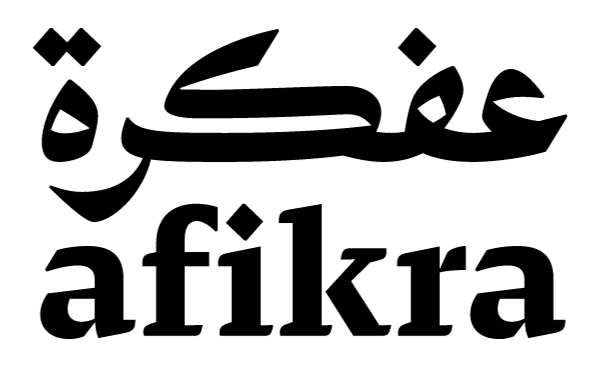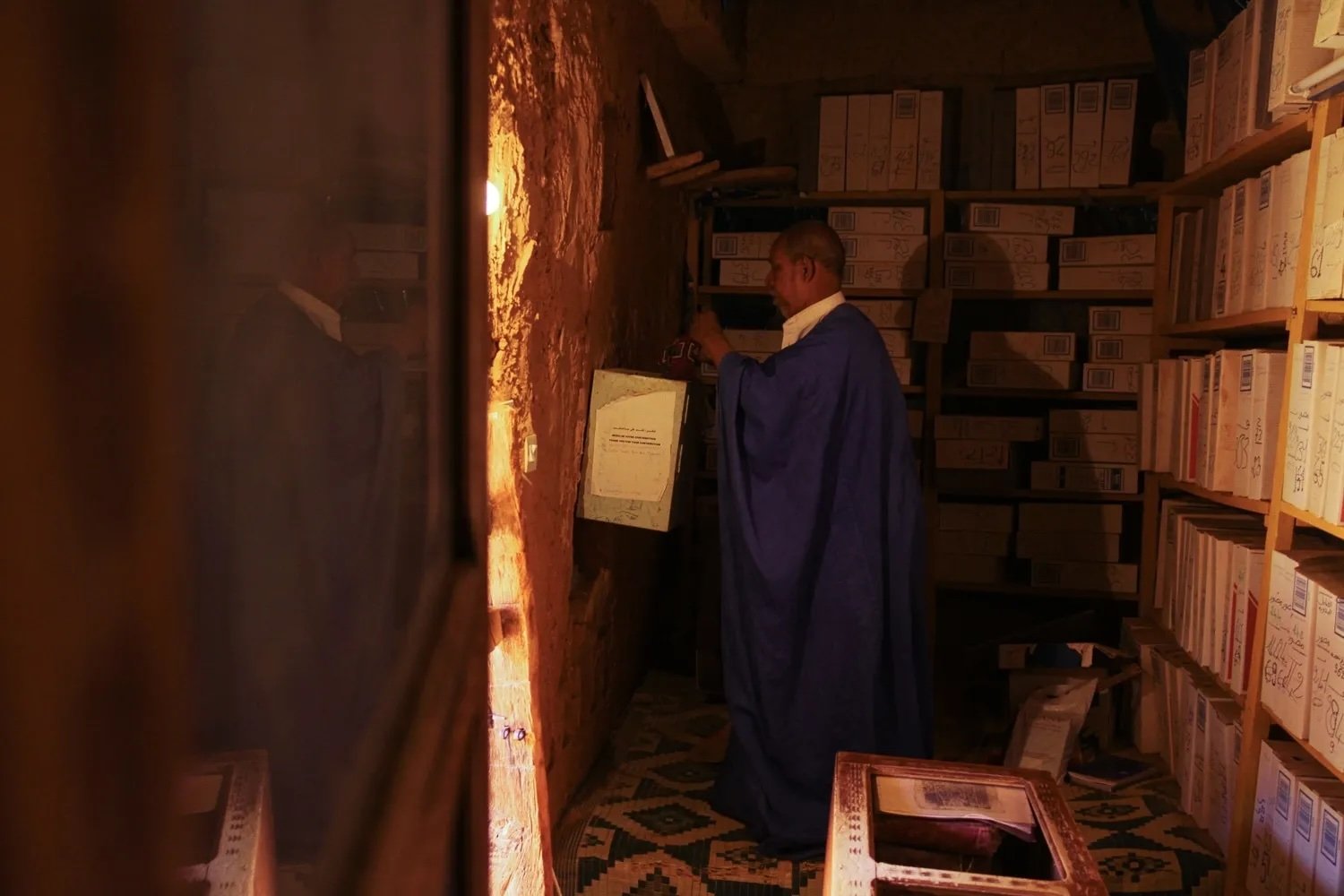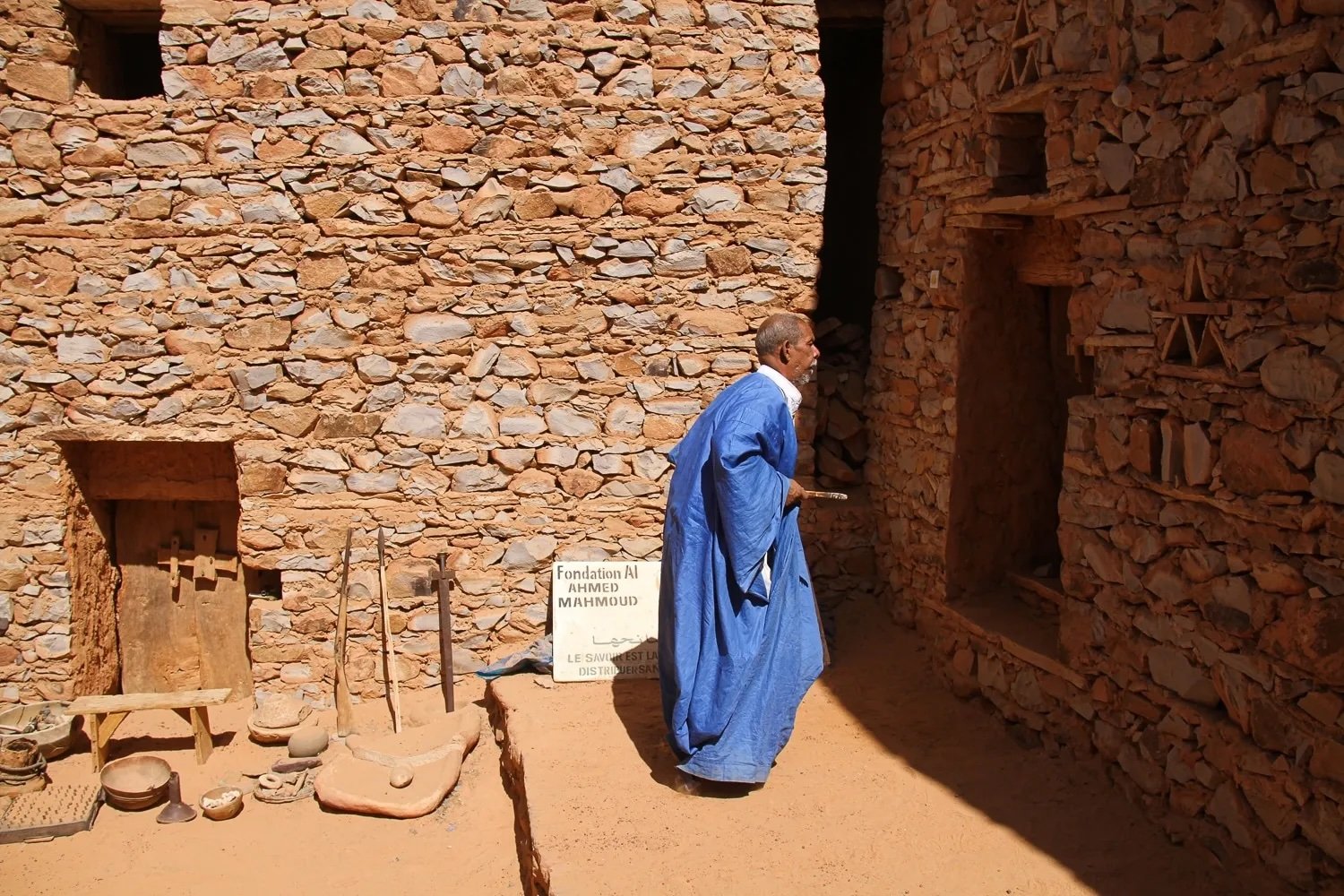Chinguetti, Mauritania
Via Reddit
Chinguetti is located in Northern Mauritania and said to be the seventh holiest city in Islam, home to some of the world’s most important medieval Quranic texts. Established in 777 AD, it was once a vibrant and vital hub of religious and scientific scholarship. At the confluence of a number of Trans-Saharan trade routes, by the 11th century it had become a thriving center of trade.
Alongside its commercial importance, Chinguetti became a natural gathering place for pilgrims making their way from the Maghreb to Mecca. For many centuries the whole of modern day Mauritania was referred to as “the Land of Chinguetti” (بلاد شنقيط ) – demonstrating the city’s far-reaching influence and reputation.
Via Wildman Life
At its height, Chinguetti had 30 libraries that housed important manuscripts. Today, only 13 of them remain and five are open to the public. These 13 libraries still hold thousands of manuscripts – some of which date back to the 12th century – that cover topics from Islam to astronomy and science.
Via Wikimedia
The Chinguetti mosque was founded in the 13th century. Its minaret is seen as a national symbol: capped by five clay ostrich egg finials, four of which point to the cardinal directions and the fifth showing the axis towards Mecca. The mosque is also thought to be the second oldest in continuous use in the Muslim world.
Today, the city is vulnerable to invasive sand dunes that threaten to overtake its boundaries. Chinguetti is now only home to a few thousand inhabitants who largely rely on tourism.




